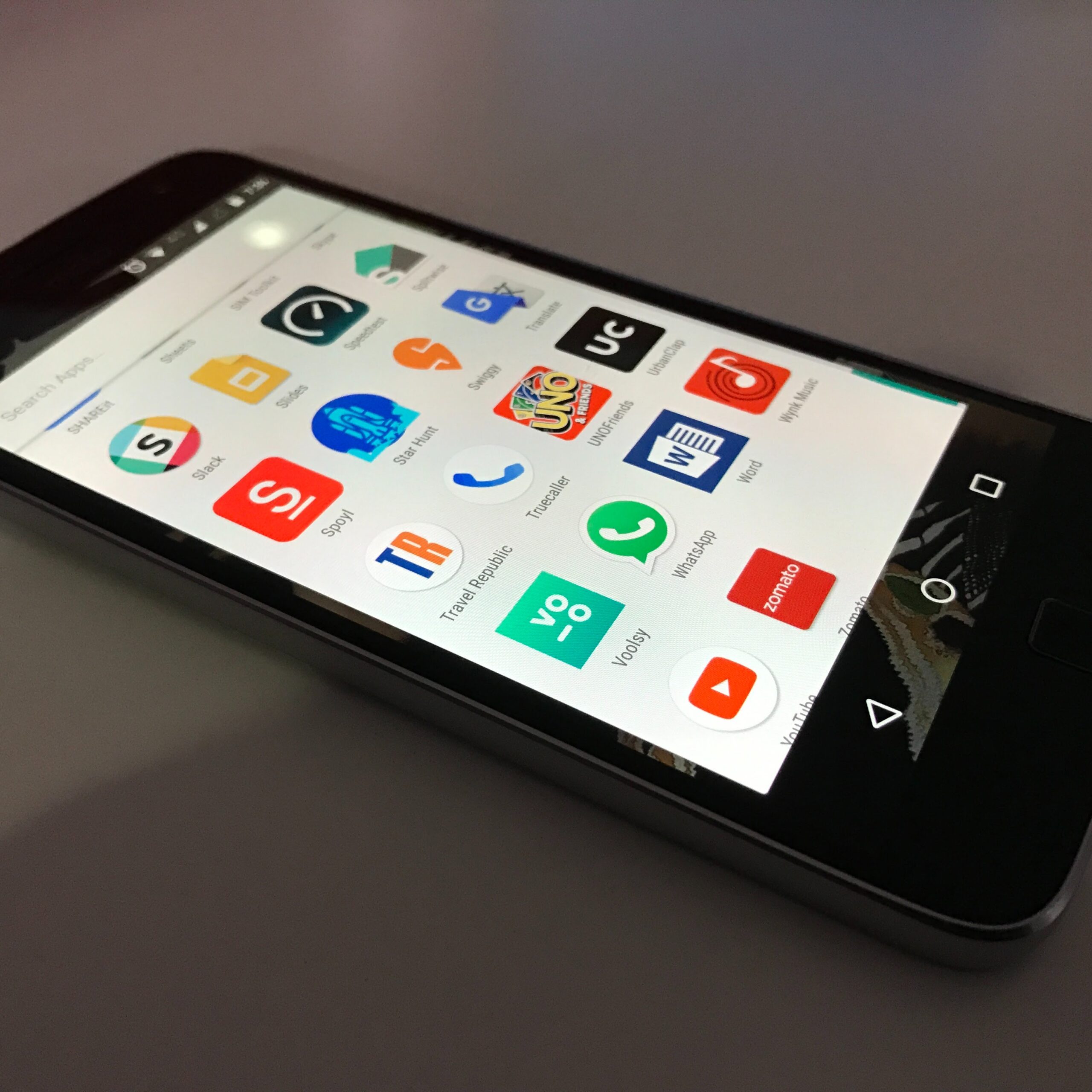If you are using a phone on an Android operating system, you should be aware that using it on the streets or when you are trying to connect to public networks carries certain risks. If you want to know how to secure your Android device and keep all of your private information, read on.
Protect your device properly
Check the available encryption and security settings on your phone. Most devices have many variations and specified settings on how to protect your device. This can be a PIN code, fingerprint or digital password. When the device is turned off, it is under the established security protocols and, when you are trying to unlock it, requires authentication. And if someone tries to access your device, they will face a significant problem, especially when it comes to the fingerprint.
In addition to basic security settings and internal protection mechanisms, you can find a huge number of applications or programs to fully protect your device in the Google Play Store. With these applications, you can set passwords to open individual files, gallery, etc.
Some people neglect this opportunity because they believe that there is nothing on their phone that could be of interest to hackers, or that could harm the user. However, this misconception can be critical. If someone can steal your device, they are able to access both your contacts and banking information, which can be truly disastrous. A couple of extra seconds to unlock your phone can make your life much easier, and this couple of seconds is clearly worth it.
Using VPN technology
Virtual private network (VPN) has been a well-known technology for a long time, but it is surprising that even with huge opportunities for downloading and using such technology, most people disdain or do not want to use it. In essence, vpn can be installed on a device convenient for you and thereby encrypt any incoming and outgoing traffic, which will ensure anonymity on the network and preserve your personal data.
It is especially worth paying attention to the use of VPN if you regularly use Wi-Fi in the public domain (cafes, restaurants, etc.), since it is these networks that are the main flaw for maintaining your security. With the help of VPN, you get the opportunity to surf the Internet through remote servers that conduct your traffic through other regions, which creates the appearance of your presence on the territory of another state, which, in addition to security, provides you with access to resources blocked in your region. There are many free VPN resources, but we strongly recommend that you consider buying a paid version, this will give you full confidence in the preservation of your data. A good choice in this situation would be the RusVPN service, since for a price of $ 2.99 per month, you will receive a huge range of services and the best protection.
Installing security and antivirus software
Most PC users know that the installation of antivirus and other programs is the primary task when working with a PC. However, the paradox is that the same users who actively use antivirus software on their PC ignore this software on their mobile devices.
A high-quality antivirus provides full protection against a number of factors, in addition to protecting data and analyzing all files on the phone, it sends quick and accurate notifications for each file that you download or try to place on your mobile device, and in case of detection of “infected files” provides you necessary utilities and resources to destroy and remove from your phone.
Of course, viruses on phones are not as common as their counterparts for computers, but with the current modernization and integration of all technical programs on the mobile. devices, the development of new viruses is being updated, and the experience of fighting them is not so great, which once again reminds of the importance of having antivirus on phones.
Check Requested Permissions
When installing any application and launching it for the first time, the number of permissions required for correct functioning (access to phone numbers, geolocation, media files, etc.) is indicated.
A good developer and a quality application will indicate in advance in the product description what permissions will be needed to function and why they are needed. Especially when asking for permissions doesn’t fit the general concept. The simplest example would be an alarm clock that requests access to your contacts. Requirements like this are counterintuitive and you should pay attention to that.
If there is no explanation for the permissions of certain applications, you should decline this request. There is also a significant difference between the interactions with permissions on a rooted phone and a factory-set phone, with a rooted phone you get a significant increase in how you interact with the permission settings. At the factory settings, these options are limited.
Use reliable Internet browsers
If you are really concerned about your security, in addition to using VPN technology, a good solution would be to use a browser that provides reliable security protocols, and will not only block cookies, but will also clear the entire history of use after each Internet session.
In addition to the well-known browsers, there is the Tor browser, which will ensure maximum protection of your data by transferring your connection to a series of other computers, which greatly complicates the process of tracking your activity on the Internet.
Most of the users use a 4 = digit numeric code to unlock their mobile device, which unfortunately is too easy to hack. A rational solution would be to use a multi-digit code of characters and numbers, and the letters in the code should be used in both lower and upper case.
